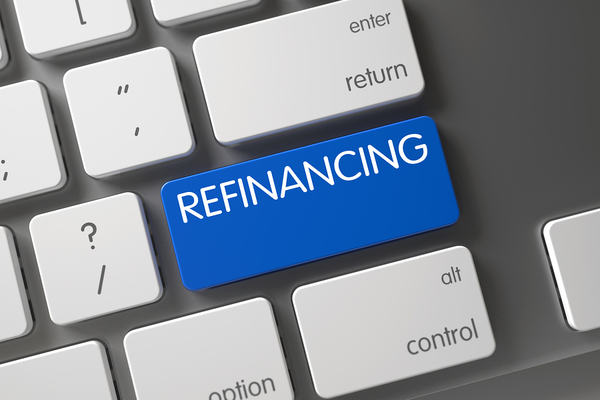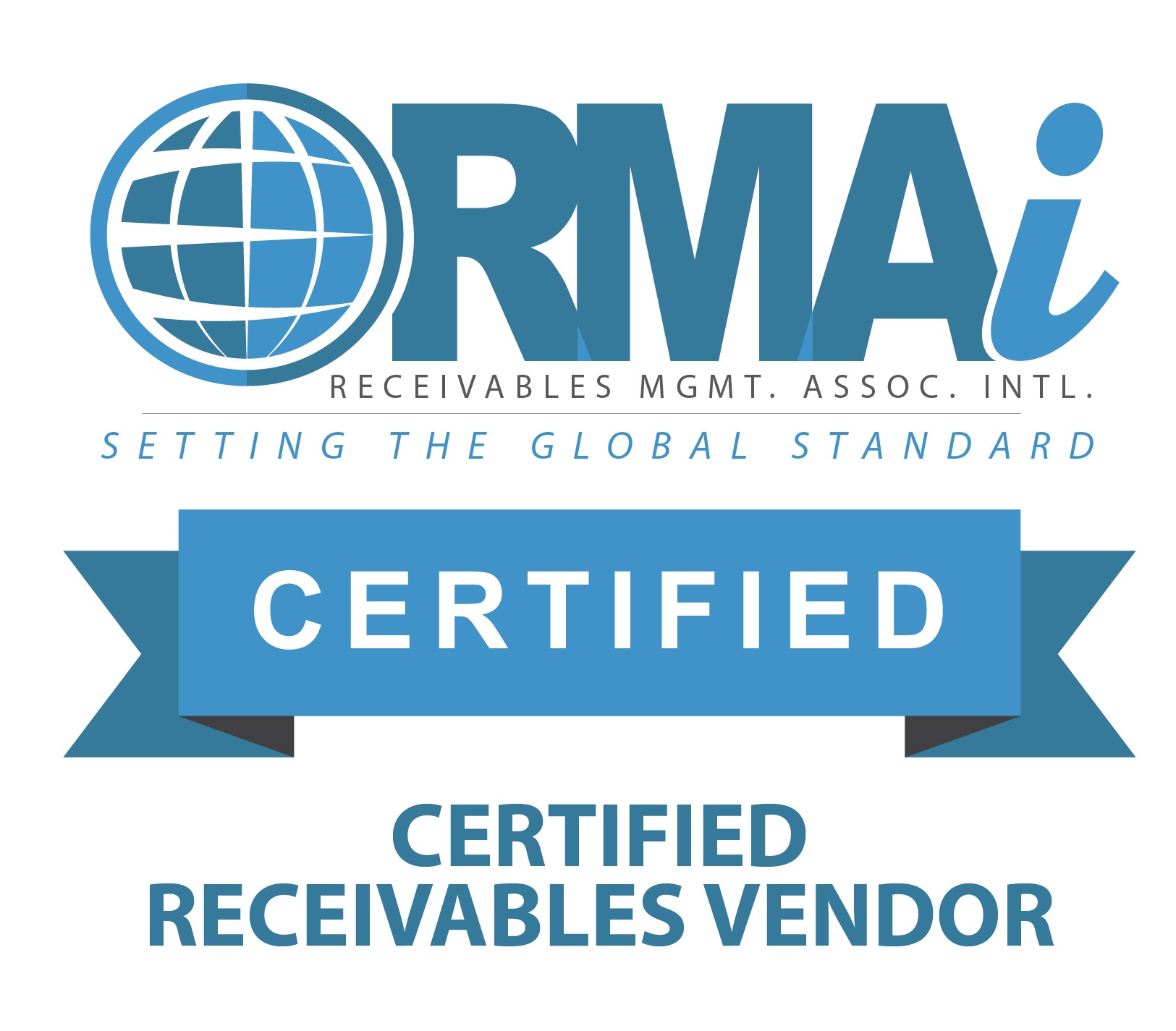Excerpt:
Interest rates are slowing climbing. With that, consumers are shying away from refinancing their mortgages. Although refinancings are on the decline, this may result in an increase later on.
In early December,
interest rates for 30-year fixed mortgage rates hit their highest point since July 2015, at 4.125%. The reason for the rise? Wall Street's increasing certainty that the Federal Reserve will start hiking interest rates in December.
 Mortgage rates are rising along with the direction of interest rates.
Mortgage rates are rising along with the direction of interest rates.
Interest rates themselves are beginning to inch upward. Yield on 10-year Treasury bonds hit 2.34% in early December, up from 1.88% on November 8.
The 4.125% mortgage rate figure follows suit, up over half a percentage point above the 30-year fixed mortgage on Election Day in early November.
The 15-year fixed-mortgage rate currently stands at an average of
3.20%, an advance of 3 basis points in a week.
Refinancing Drop Causes Total Origination Forecast to be Trimmed
Both borrowers and lenders were impacted by the climbing rates. The Mortgage Bankers Association (MBA) revised its projections for total lending volume in 2017 downward by 3%. Its revised forecast is $1.58 in lending volume next year.
The 3% drop rests entirely on MBA's forecast for mortgage refinancing volume.
 Consumers are shying away from refinancings due to the rise in rates.
Refinancings
Consumers are shying away from refinancings due to the rise in rates.
Refinancings were already dropping in mid-November as anticipation of higher interest rates caused borrowers to shy away. For the week ended November 11 alone, the refinancing index dropped 11% from the previous week. In late November, it declined 16%.
The decline in refinancings reverses
trends earlier in the year. During the third quarter, refinancings rose 7% from the previous quarter, and 16% from 2015's third quarter.
Refinancings constitute a hefty percentage of total originations. In the third quarter, they were nearly 46% of total mortgage originations, up from 42% in the second quarter.
Despite the recent drop in refinancings, industry observers believe that the Fed's shift to a rising rate picture after a long period of historically low rates may cause upward movement in refinancings later on, as consumers are driven to lock in rates before they rise even higher.
The chief executive officer of Remax, Dave Liniger, believes that the housing market will not only be unfazed, but "a rising interest- and mortgage-rate environment could actually cause an uptick in demand, with savvy buyers wanting to get into homes and lock in their rates more quickly."
New Originations Expected to be Robust
Despite the downward revision for total mortgages, however, economists were quick to say that the picture for new originations in 2017 was expected to be robust. The MBA's chief economist expects a 10% rise in new purchase mortgages next year.
While consumers may be shying away from refi's due to rising mortgage rates, a strong economy, rising employment, and demand for housing is forecast to drive mortgage originations.
Rebalance Portfolios with Seasoned Loan Sale Advisors
In any rising rate environment, banks should be careful about adding long-term fixed rate assets to their balance sheet. It may be a good time to purchase high quality consumer assets of shorter duration or adjustable rate assets in order to prevent losses in the climbing rate environment going forward.
A seasoned loan sale advisor can help you rebalance in a period of climbing rates.
For more on how loan sale advisors can work with your business,
Sign up for our newsletter.











